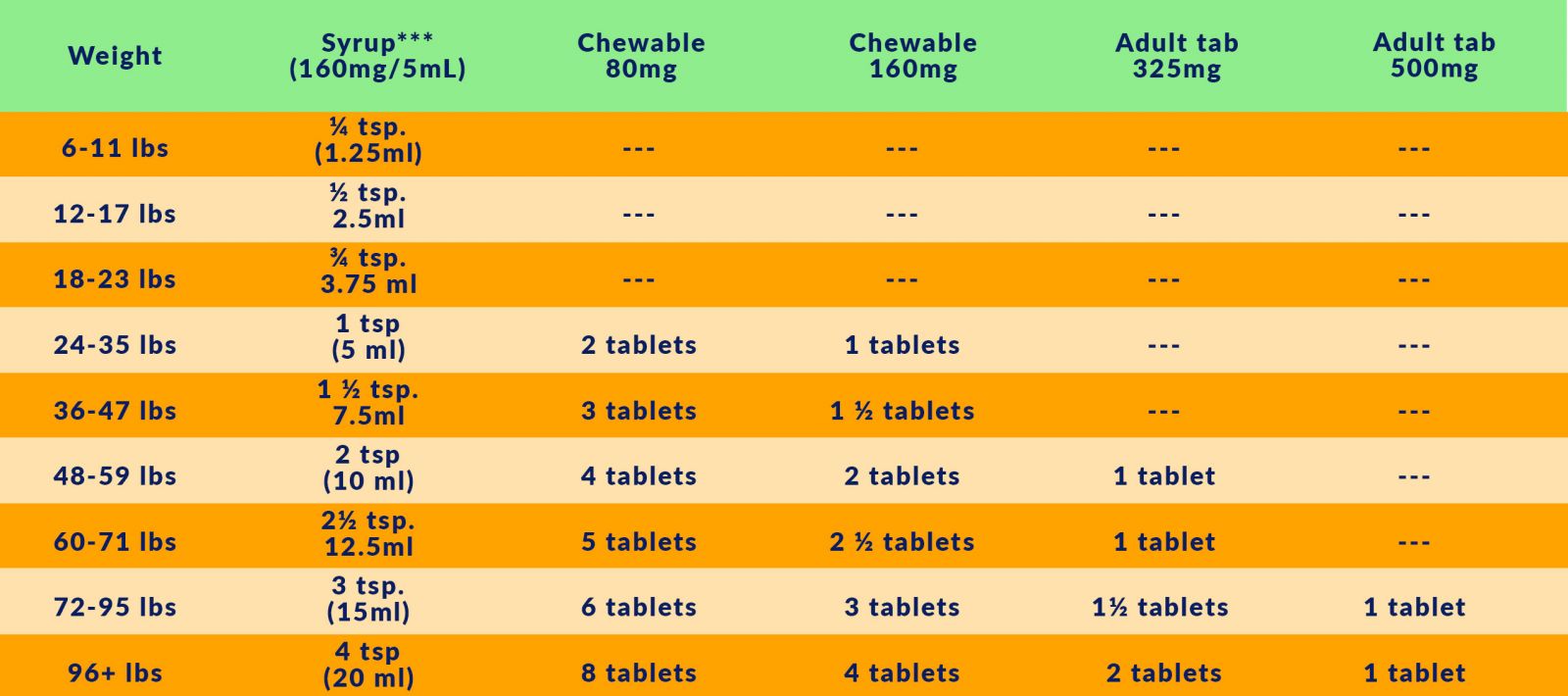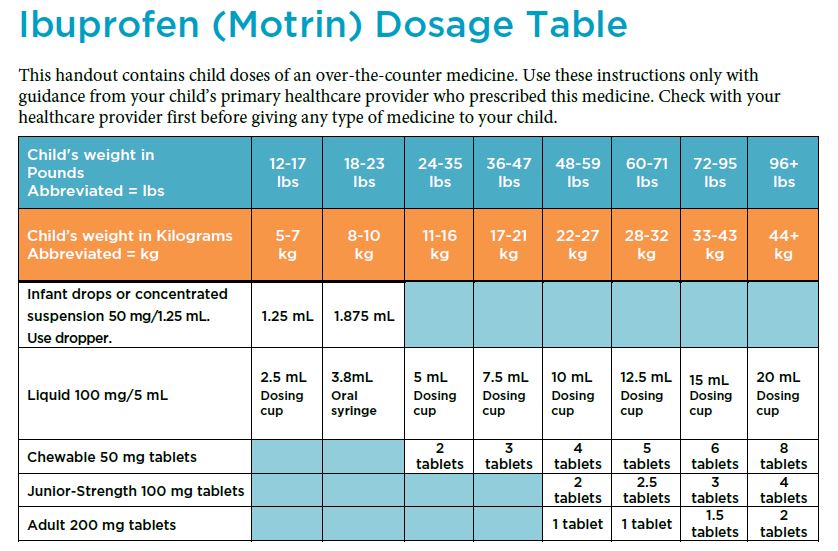Ibuprofen 800mg, also known as Motrin® or Advil®, is an over-the-counter pain reliever and fever reducer. This map, which focuses on your child’s weight, will help you decide the correct Ibuprofen Dosage number. Still, it is not meant to replace the recommendation of your pediatrician. Ibuprofen Dosage i-2 pill is an over-the-counter pain medication that helps to decrease fever.
When handled properly, it’s a legal medication. However, a child will become very ill if the Ibuprofen Dosage is too high. Overdoing it can cause digestive issues, confusion, and even kidney problems. It’s vital to learn how to treat children’s ibuprofen Dosage correctly. Does ibuprofen thin your blood?
Calculate Ibuprofen Dosage depending on weight where possible, using 4-10 mg/kg/dose. PO should be issued every 6-8 hours. A single Ibuprofen Dosage of 400 mg is the highest single dose, and a daily dose of 40 mg/kg/day up to 1200 mg/day is the maximum daily Ibuprofen Dosage i-2 pill. If a person’s weight is uncertain, they should use the age-based rule below.
Ask your doctor if you have any attention about giving Ibuprofen Dosage to your kids. Never giving this or some other kind of medication to a child under the age of two without first having approval from a doctor.
Use of Ibuprofen Dosage in children
Ibuprofen is a common pain relief for children (children’s ibuprofen). It’s often used to ease cold symptoms, teething discomfort, and toothache. Ibuprofen is also used to relieve inflammation, such as aches and pains caused by a sprain or a medical disorder like childhood arthritis. It may be used to get a high temperature down to a reasonable amount (fever). Ibuprofen dosage is available as a powdered syrup for children aged 3 months to 12 years.
Ibuprofen dosage is sold as i-2 pill, capsules, and granules that you dissolve in water to create a drink for children aged 7 and up. Many forms of ibuprofen can be sold in hospitals and supermarkets. Ibuprofen granules, for example, are only available with a prescription.
Ibuprofen Dosage by Weight

When deciding how much medication to offer, physicians consider using a child’s weight rather than their age. Check the label before giving your child a dose to make sure the recommended dosage and concentration fit the numbers below.
This table is based on the advice of physicians and producers. It is not supposed to take the place of medical advice. When your child is under the age of two, request approval from the doctor before prescribing the drug. Even if you have any doubts or complaints about prescribing medication, call.
Notes on the Table:
- Age Limit: Do not use under the age of 6 months as instructed by your child’s pediatrician, as protection has not been defined and FDA approval has not been given. Children under the age of six can avoid multi-ingredient products.
- Dosage estimation: Dosing syringes are more precise than common kitchen utensils. Using the syringe or unit that came with the drug to administer it. Medicine syringes are sold at hospitals if they are not included with the drug. Spoons from the kitchen are inaccurate. 12 teaspoons equal 2.5 mL, and 1 stage teaspoon equals 5 mL.
- Ibuprofen drops with measuring syringe: Ibuprofen baby drops require a measuring syringe.
- Repetition: As required every 6-8 hours.
How to use ibuprofen gel or spray?
The amount of ibuprofen you add to your skin is dictated by the medicine you’re using; read the packet leaflet closely to determine how much to apply. 3 or 4 times a day, softly rub the ibuprofen into the sore region. Enable at least 4 hours between submissions, and don’t submit more than four times in a 24-hour span.
Ibuprofen cream, mousse, or spray should never be added to the skin, mouth, lips, nose, or genital region. It should not be used on skin covering that is inflamed or broken. Do not add plasters or dressings to skin that has been treated with ibuprofen.
Who can and cannot take Ibuprofen 800mg?

Aspartame, colorants (E numbers), gelatin, caffeine, lactose, sodium, sorbitol, soya, or sucrose may be present in certain brands of ibuprofen pills, capsules, and syrup, rendering them unsuitable for some individuals. If you:
- Have you ever had an allergic effect to ibuprofen or some other ibuprofen?
- Have you ever had allergic symptoms like wheezing, runny nose, or skin reactions after taking aspirin or other non-steroidal anti-inflammatory drugs (NSAIDs) so as naproxen?
- Are you planning to get pregnant, or are you already pregnant?
- High blood pressure that’s not controlled.
Tell your doctor if you have each of the following symptoms to guarantee that ibuprofen (by mouth or on the skin) is safe for you:
- A health condition that raises the chance of bleeding
- Liver disorders, such as liver fibrosis, cirrhosis, or liver failure
- Heart disease or serious heart failure
- Kidney failure
- Crohn’s disease or ulcerative colitis
- Chickenpox or shingles – taking ibuprofen will raise the risk of shingles
Ibuprofen dosage will increase the chance of stomach ulcers if you’re over 65. If you’re taking ibuprofen for a long time, the doctor will prescribe a drug to protect your stomach.
What is the safest way to take pills, capsules, and syrup?
Adults can take one or two 200mg pills three times a day. If required, your doctor may recommend a higher dose of up to 600 mg to be taken four times per day. This can only be accomplished with the instruction of a physician. Enable at least 6 hours in doses if you take ibuprofen three times a day. Enable at least 4 hours in doses if you’re taking it four times a day. If you’re in severe pain, ask your doctor for slow-release ibuprofen pills or capsules.
It are usually taken once or twice a day in the evening. If you’re taking ibuprofen twice a day, wait 10 to 12 hours between doses. Ibuprofen is available as a pill that melts in your mouth, granules that you combine with a bottle of water to create a cocktail, and a syrup for those who have difficulty swallowing tablets or capsules. Ibuprofen pills or capsules should be consumed whole with a bottle of water or juice.
Ibuprofen pills and capsules should be taken after a meal or snack, or with a bottle of tea. It would be less likely to cause abdominal pain. They should not be chewed, cut, smashed, or sucked because they can irritate your mouth or throat.
What are ibuprofen’s side effects?
If you have a fever, make sure you have lots of rest and drink plenty of water. Don’t overindulge in alcoholic drinks. If they last more than a week or are serious, see the doctor.
- Dizziness – if you get dizzy after taking ibuprofen, stop what you’re doing and sit or lay down before you feel better. Coffee, nicotine, and beer can both be stopped. If the dizziness continues for a few days, chat with the pharmacist or psychiatrist. If you’re sick (nausea), eat basic foods. Consume no oily or hot dishes.
- Vomiting – When you’re ill (vomiting), drink tiny quantities of water regularly. If you find signs of thirst, such as peeing less than normal or pee that is dark and strong-smelling, visit a pharmacist. Without contacting a pharmacist or doctor, don’t take any other medications to treat vomiting.
- Wind – stop consuming things that generate wind (like lentils, beans and onions). Smaller meals, slow eating and drinking, and daily exercise are all healthy concepts. Medications from the pharmacy, such as charcoal tablets or simethicone, can also benefit.
- Indigestion – if you get indigestion on a daily basis, stop taking ibuprofen and visit the doctor straight away. If you need medication to deal with the pain, take an antacid, just don’t put off seeing the doctor.

